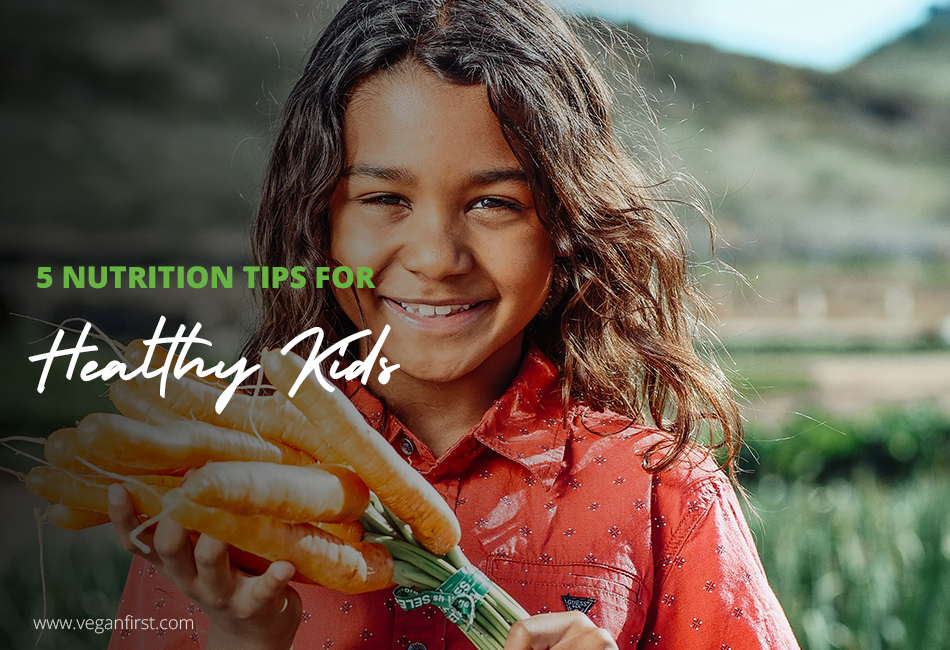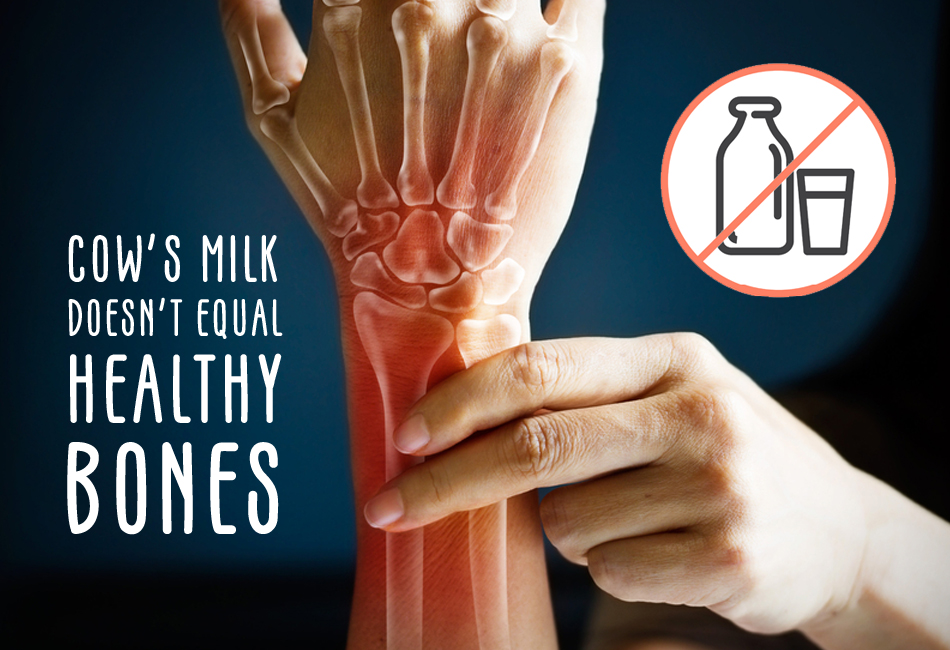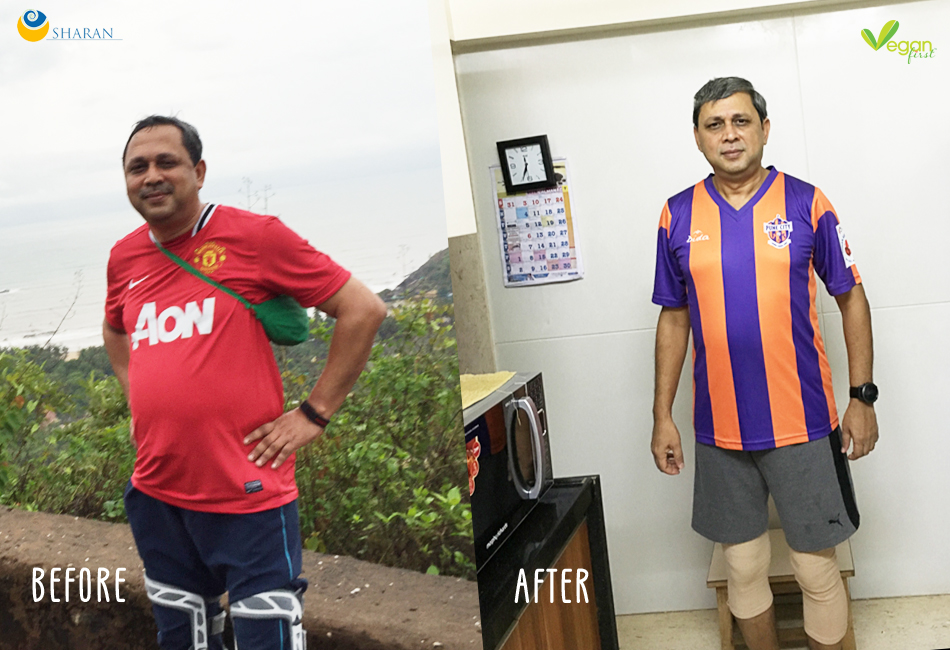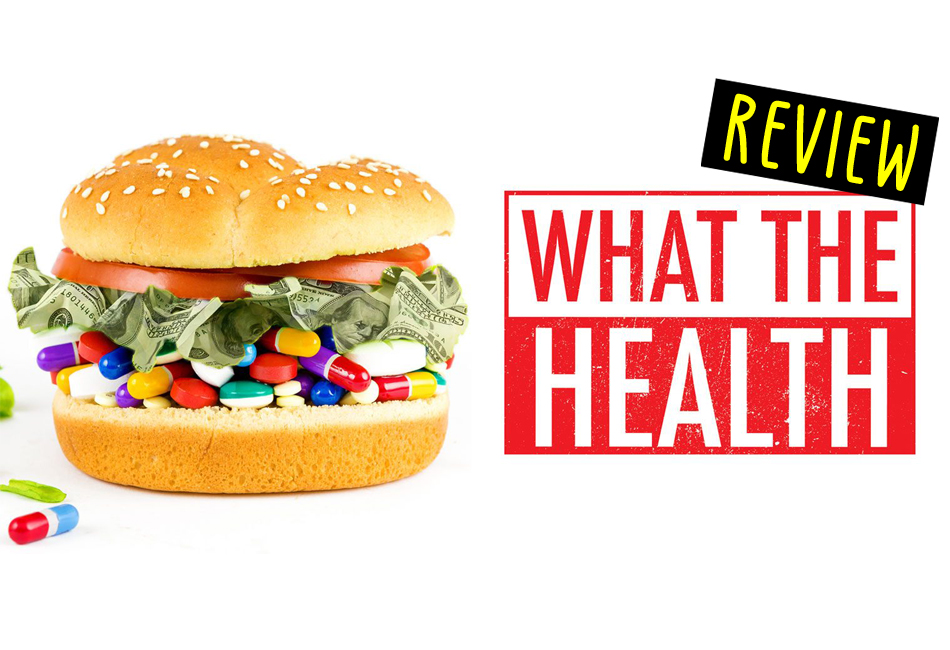Download Free Vegan Starter Kit -
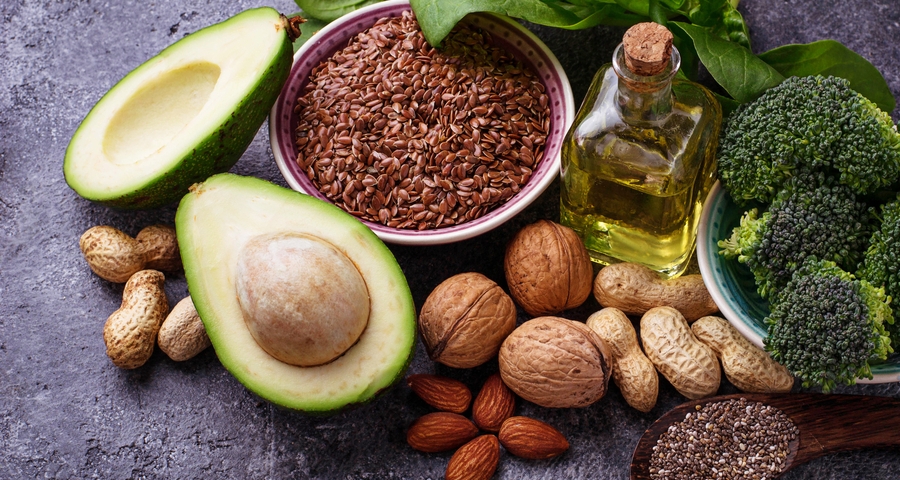
7 Incredible Omega 3 Rich Vegan Foods
The word fat has, over the years, been both celebrated and demonized. But the fact is our body needs fat – but the good kind. Omega 3s fall into this category.
There are 3 types of fat in our diet:
- Saturated fats
- Monounsaturated fats
- Polyunsaturated fats
Essential Fats
Saturated and monosaturated fats are called non-essential fats because our bodies can produce these on their own. Essential fats are classified as such because our bodies cannot produce them, and polyunsaturated fats fall into this category. We need to obtain these fats from what we eat, and they are of two kinds:
- Omega 6 (LA or linoleic acid)
- Omega 3 (ALA or alphalinoleic acid)
LA is an Omega 6 fat that is used by our body to build other Omega 6 fats. And ALA is an Omega 3 fat that’s used by our body to build other Omega 3 fats.
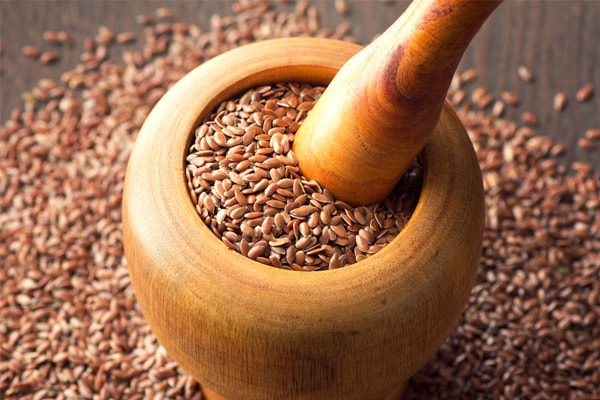
Flax Seeds
Omega 3 fatty acids are highly beneficial for the heart, brain, joint health and skin. Flax seeds, walnuts and canola oil are excellent sources of vegan Omega 3 fatty acids. Consuming these on regular basis would nurture one with the required dosage minus the cholesterol and toxins found in fish.
Balancing Your Omegas
There is a danger in consuming too much or too little of one kind of essential fatty acid. Omega 6 is found in higher quantities in vegetable oils like sunflower, sesame, corn and soy, which, for many of us, is the cooking oil we reach for most often. So, if one is consuming high levels of Omega 6, even more Omega 3 is required to balance it out.
Breaking Down Your Omega 3s
While it is essential for vegans to consume foods rich in Omega 3s, when it comes to assimilating it, there are a few more factors that come into play. These are other fatty acids, namely:
- EPA: Eicosapentaenoic acid (this is found largely in fish)
- DHA: Docosahexanoic acid (this is found mainly in seaweed and fish)
Once in our system, Omega 3 is broken down by the body into two types of fatty acids: EPA and DHA. ALAs (found in a wide range of food), help make this possible.
Our body has the ability to convert dietary ALAs into EPA and DHAs. Since there are no dietary sources of EPA and DHA available for vegans beyond sea greens, they must rely on the body’s natural ability to convert it from ALA. So the best way to get the right amount of Omega 3s is to increase one’s intake of ALA-rich foods, or take a quality supplement.
Sources of Omega 3s
The plant kingdom has several vegan sources of Omega 3:
- Ground flaxseeds
- Chia seeds
- Walnuts
- Walnut oil
- Pumpkin seeds
- Canola oil
- Microalgae (You should note that most algae-based supplements contain DHA but not EPA.)
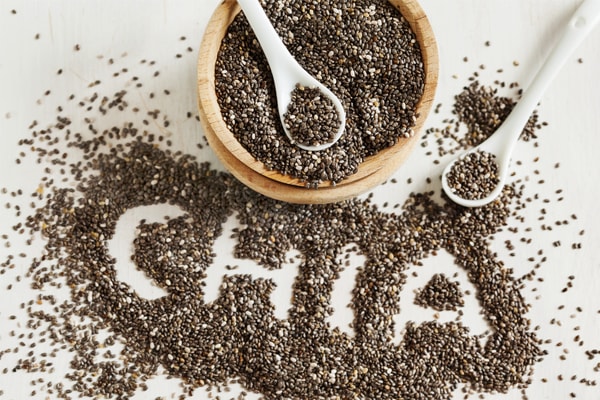
Chia Seeds
How Much Do I Need?
The United Nations’ Food And Agriculture Organization (FAO) and the European Food Safety Authority (EFSA) recommend a long-chain Omega 3 (EPA and DHA) intake of 250 mg per day for adults. If you’re looking for a vegan Omega 3 supplement, try Ovegha from Unived.
In simpler terms, boosting your intake of ALA can help meet this requirement, since more ALA, since more ALA = more Omega 3 in your system. This translates into a daily intake of any of the following:
- Approx. 1 tablespoon of chia seeds or ground flax seeds
- Approx. 2 tablespoons of hemp seed
- 6 walnut halves
*Always consult your doctor or nutritionist before taking any supplements
Like this?
Read: 5 Vegan Vitamin B12 Foods You Should Buy
Read more: Best Vegan Sources For Protein
AUTHOR

trending
Be a Vegan First Informer
Send us buzzworthy news and updates
Explore
Contact Us
About Us
Stay Connected
Copyright ⓒ 2017-2023. VEGAN PASSION PRIVATE LIMITED. All Rights reserved.
For more information, please write to hello@veganfirst.com
Registered Office Address: 55, 2nd floor, lane 2, Westend Marg, Saidullajab, Near Saket Metro Station, New Delhi, Gadaipur, New Delhi South West Delhi, DL

2.png)

.png)

.png)
2.png)
2.png)
2.png)


1.png)

